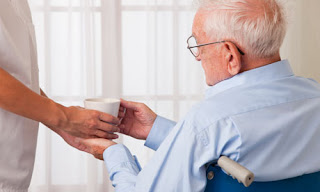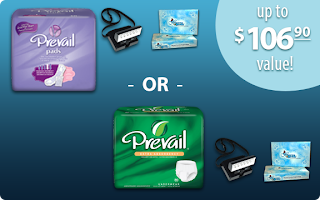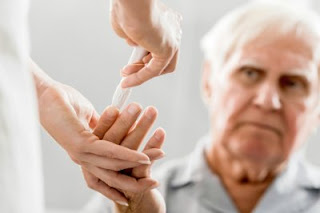The Better Business Bureau was accused by business owners of running a "pay for play" scheme in which A plus ratings are awarded to those who pay membership fees, and F ratings used to punish those who don't.
To prove the point, a group of Los Angeles business owners paid $425 to the Better Business Bureau and were able to obtain an A minus grade for a non-existent company called Hamas, named after the Middle Eastern terror group.
This was exposed by Brian Ross on ABC's 20/20. He also found that the BBB gave an A rating to a neo-nazi group (who paid the fee).
Following this 'pay for play' scheme exposure, we at The CareGiver Partnership, quit paying the this fee as we felt it was extortion.
Now the BBB, places the following statement above our A+ rating -- "This business in not BBB accredited". To the average consumer, this language has a negative connotation. The so called shake down racket, pressures small businesses like ours to pay to have this statement removed.
I asked the BBB to change the language to this "The CareGiver Partnership has elected not to pay the BBB required fee in order to become 'accredited'. They flatly said they could not and would not change it. Since 2006 when we started our small business, we have never had a single
The credibility and reliability of BBB is completely tarnished.
Luckily, there are new organizations such as Stella Service that actually shops retailers, calling them, ordering products, arranging for returns and determining how long a product takes to be delivered. This is a true consumer service. Stella does not accept any funds from businesses, they are totally unbiased.

















































